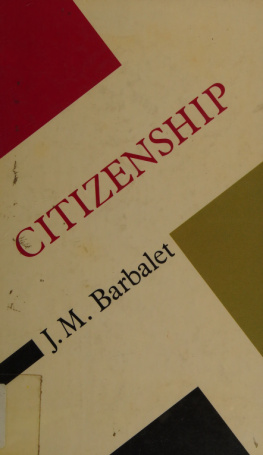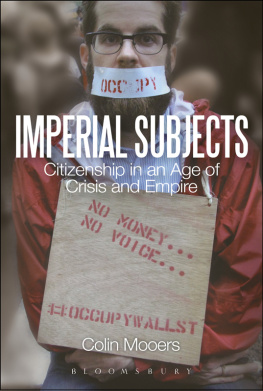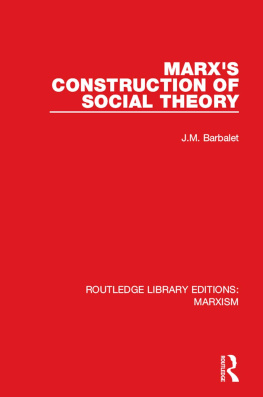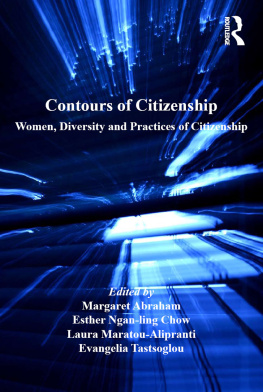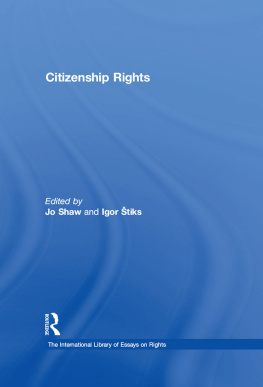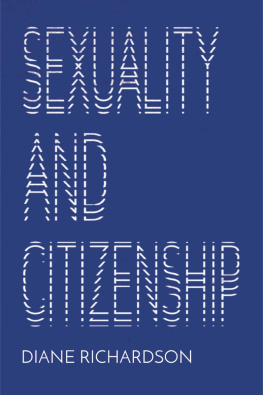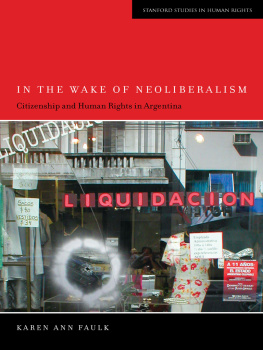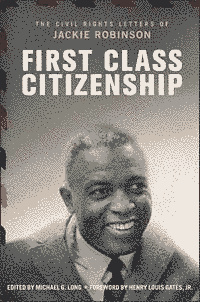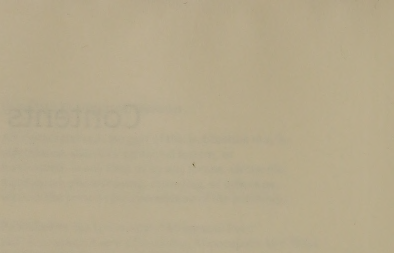
Citizenship : rights, struggle, and class inequality
Barbalet, J. M., 1946
This book was produced in EPUB format by the Internet Archive.
The book pages were scanned and converted to EPUB format automatically. This process relies on optical character recognition, and is somewhat susceptible to errors. The book may not offer the correct reading sequence, and there may be weird characters, non-words, and incorrect guesses at structure. Some page numbers and headers or footers may remain from the scanned page. The process which identifies images might have found stray marks on the page which are not actually images from the book. The hidden page numbering which may be available to your ereader corresponds to the numbered pages in the print edition, but is not an exact match; page numbers will increment at the same rate as the corresponding print edition, but we may have started numbering before the print book's visible page numbers. The Internet Archive is working to improve the scanning process and resulting books, but in the meantime, we hope that this book will be useful to you.
The Internet Archive was founded in 1996 to build an Internet library and to promote universal access to all knowledge. The Archive's purposes include offering permanent access for researchers, historians, scholars, people with disabilities, and the general public to historical collections that exist in digital format. The Internet Archive includes texts, audio, moving images, and software as well as archived web pages, and provides specialized services for information access for the blind and other persons with disabilities.
Created with abbyy2epub (v.1.7.6)
t-1
jl
f ^
t*
%i
i
'i ' 1, V 1
*'.
*
V'
y
*
<
%
-r
V
c
I
/
if
(f
Jr-'
'K'
, Or .V I" V
Citizenship
Concepts in Social Thought
Series Editor: Frank Parkin Magdalen College, Oxford | > |
Democracy | Anthony Arblaster |
Citizenship | J. M. Barbalet |
Freedom | Zygmunt Bauman |
Bureaucracy | David Beetham |
Socialism | Bernard Crick |
Liberalism | John Gray |
Ideology | David McLellan |
Conservatism | Robert Nisbet |
Property | Alan Ryan |
Status | Bryan S. Turner |
Concepts in Social Thought
Citizenship
Rights, Struggle and Class Inequality
/. M. Barbalet
University of Minnesota Press
Minneapolis
Copyright 1988 J. M. Barbalet
All rights reserved. No part of this publication may be reproduced, stored in a retrieval system, or transmitted, in any form or by any means, electronic, mechanical, photocopying, recording, or otherwise, without the prior written permission of the publisher.
Published by the University of Minnesota Press 2037 University Avenue Southeast, Minneapolis MN 55414 Published simultaneously in Canada by Fitzhenry & Whiteside Limited, Markham.
Printed in Great Britain
Library of Congress Cataloging-in-Publication Number
88-27718
ISBN 0-8166-1775-9 (hardcover)
ISBN 0-8166-1776-7 (pbk.)
The University of Minnesota is an equal-opportunity educator and employer.
Contents
Preface vii
1 Theories of Citizenship 1
2 Citizenship Rights 15
3 The Rise of Citizenship 29
4 Citizenship and Class Inequality 44
5 Social Citizenship and the Welfare State 59
6 Citizenship in Political and Social Integration 80
7 Social Movements in Citizenship 97
8 Conclusion: The State and Citizenship 108
Bibliography 112
Index 117
**
'' ' ^ t- ^ ^ ^
' ' i| ^'
.*- >: >--__
i ,4
(2^'
s.)xfS ^
Preface
This book is concerned with the development of citizenship and its relationship with social institutions and processes, and especially social class. This is the ground occupied by T. H. Marshall (1893-1981) and most clearly though briefly expounded in his Citizenship and Social Class, first given in 1949 at Cambridge University as lectures to commemorate Alfred Marshall. The interest in Marshalls arguments has been growing steadily so that today it is almost impossible to pick up a sociology journal which does not contain an article with at least some reference to his work. It is inevitable therefore that Marshall and his critics should appear throughout the discussion to follow. Having accepted this limitation a book as short as this is forced to accept another: as the conceptual and theoretical issues are drawn from and confront Marshall and the literature generated around the discussion of his ideas, so the empirical discussion is largely confined to Britain.
This book was written during a busy teaching year and while I am alone responsible for its errors a debt of gratitude is owed to Margaret, who was engaged with her own writing, and to Tom, Felix and David, who never cease to be doing and talking, for their patience and loving support.
J. M. Barbalet
i^dT
. ?v^., iis^- #; '
V. *a?^t fM
l^i^^JcJ-XKi-if'ej^ >' < si- .
9^ f fe:. till. ri?< &^>.
!JX*i'% :U4
wi . H t?> 'f^fih M in Xrtfsfttfc
i'r i^;l4iV!i JfSfVwlKa^rti** , '..^
Citizenship is as old as settled human community. It defines those who are, and who are not, members of a common society. Citizenship is a manifestly political enterprise, yet two general questions arise out of its practice which show that an appreciation of only the political dimension is insufficient for a proper understanding of it. The issue of who can practise citizenship and on what terms is not only a matter of the legal scope of citizenship and the formal nature of the rights entailed in it. It is also a matter of the non-political capacities of citizens which derive from the social resources they command and to which theyTTave acce^'.'X'^lTtical system of equal citizenship is in reality less than equal if it is part of a society divided by unequal conditions.
Next page
